Photo courtesy of Zephyr.
Most students at San Luis Obispo High School are familiar with the term “cringe culture”. Cringe culture is a concept that is widely spread around, especially through social media. Cringe culture is pointless and causes more harm than people realize.
Cringe culture is an excuse or justification to bully or ostracize someone for having what is considered a socially unacceptable habit, interest, or appearance. In more cases than not, the people being bullied for being “cringe” are neurodivergent. This isn’t a coincidence.
Neurodivergent people, autistic people in particular, struggle to fit into our society. Many autistic people are bullied from a young age by neurotypicals who don’t understand or know how to cope with differences, socially and behaviorally.
Many autistic people will find a safe space within certain fandoms or other social groups based on specific interests. This makes sense, as these spaces have like-minded people that can bond over their special interests.
Autistic people will also be in these spaces, but the difference is that neurotypicals aren’t as “into” these interests as autistic people are. This is because autistic people tend to hyperfixate on these interests, whereas neurotypicals don’t.
“For me, a hyperfixation is an interest that I get extremely focused on and think about a lot for a short period of time, which can be two or three weeks to several months, though I have seen and heard about hyperfixations lasting for years,” said sophomore Kyle Platte.
Does cringe culture only affect neurodivergent people? No. Does it affect neurodivergent people more often than neurotypicals? Yes.
“I find it very ironic that people are bullied for things that are seen as “cringe” when those things are originally used as an escape from negative social experiences. I think it’s extremely rude and even idiotic that people will bully others for harmless interests, such as being fans of a certain person or media. It makes people ashamed to be a fan of that thing,” said Platte.
When neurotypicals enjoy an interest, they aren’t generally made fun of, while neurodivergent people are. It seems like the ostracization isn’t because of the interests themselves, it’s because the people who are interested in them are neurodivergent.
Neurodivergent people enjoying fandoms such as Sander’s Sides, Five Nights At Freddy’s, or the Dream SMP doesn’t hurt anyone. These people are having fun and enjoying the community surrounding their special interests.
If neurotypicals won’t let neurodivergent people be friends with them, but they’re upset about neurodivergent people enjoying their special interests without them, then their problem isn’t that they dislike the interests. Their problem is that they dislike neurodivergent people.
Sources: theautisticats.weebly.com , the-peak.ca


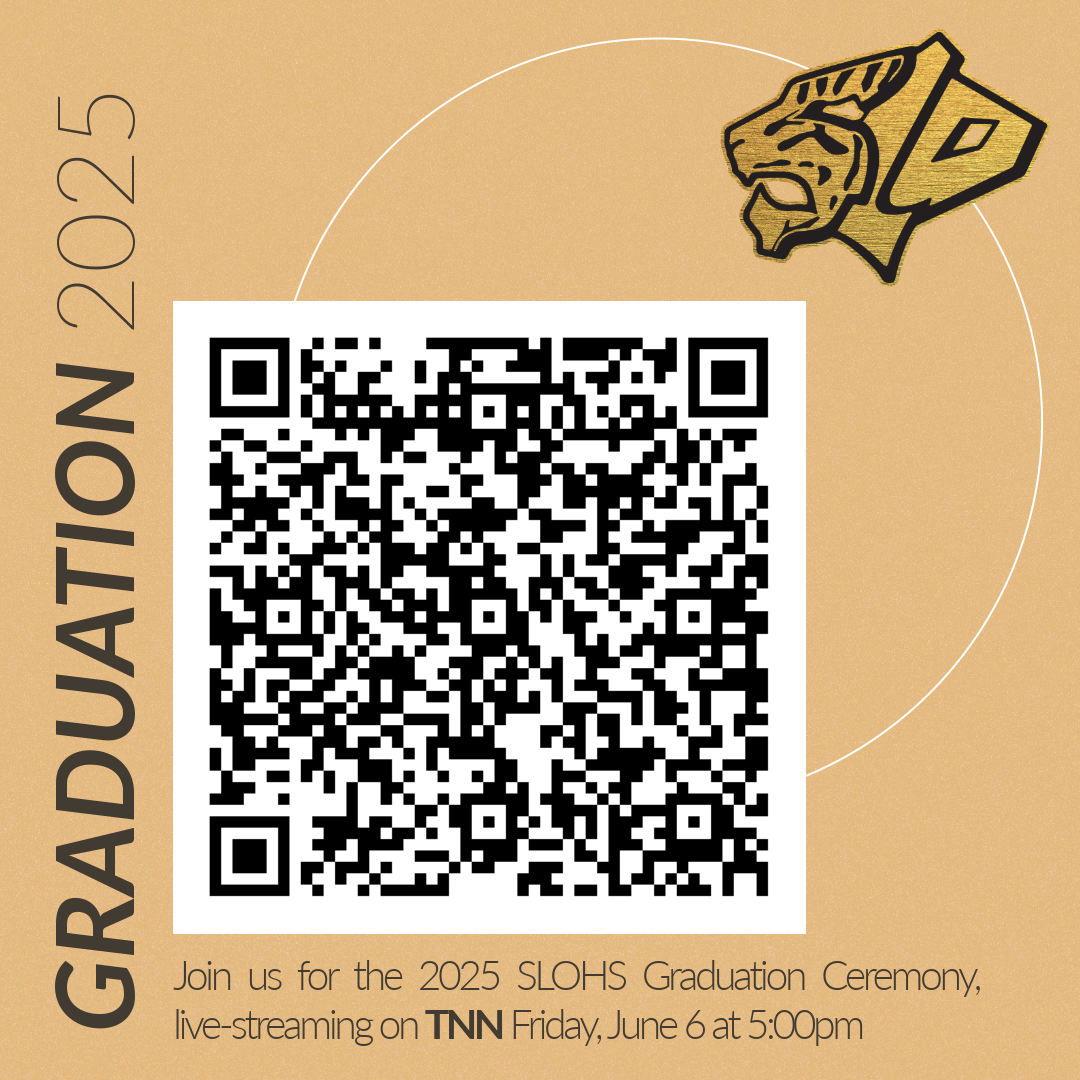
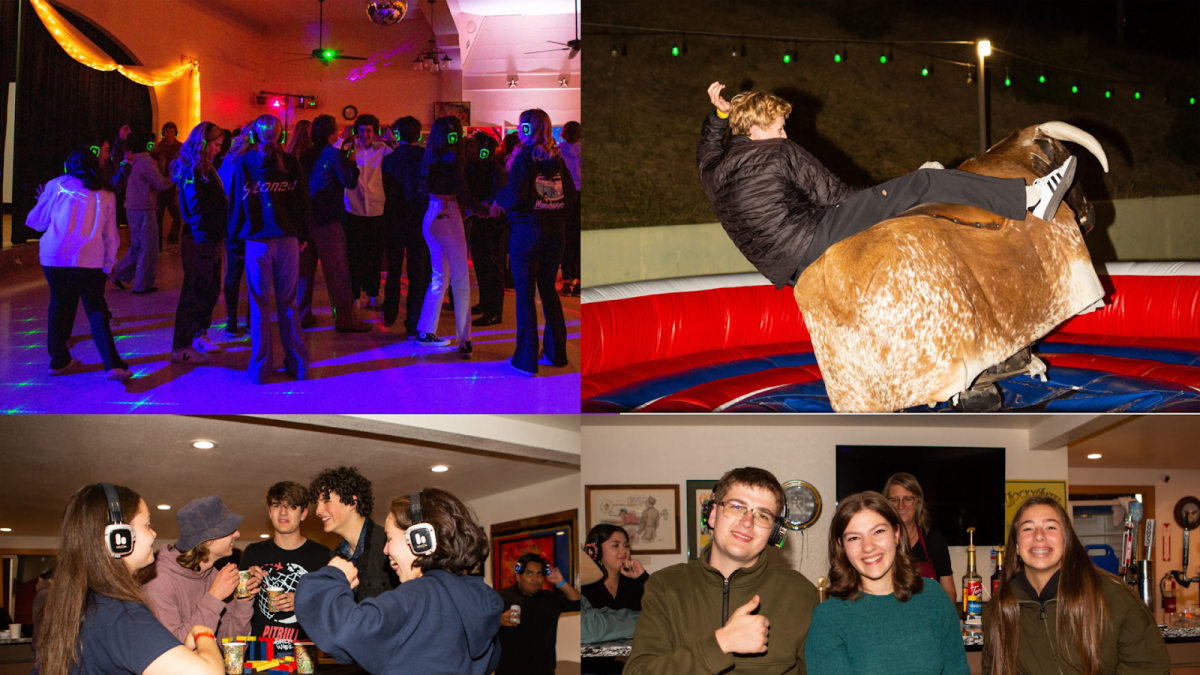

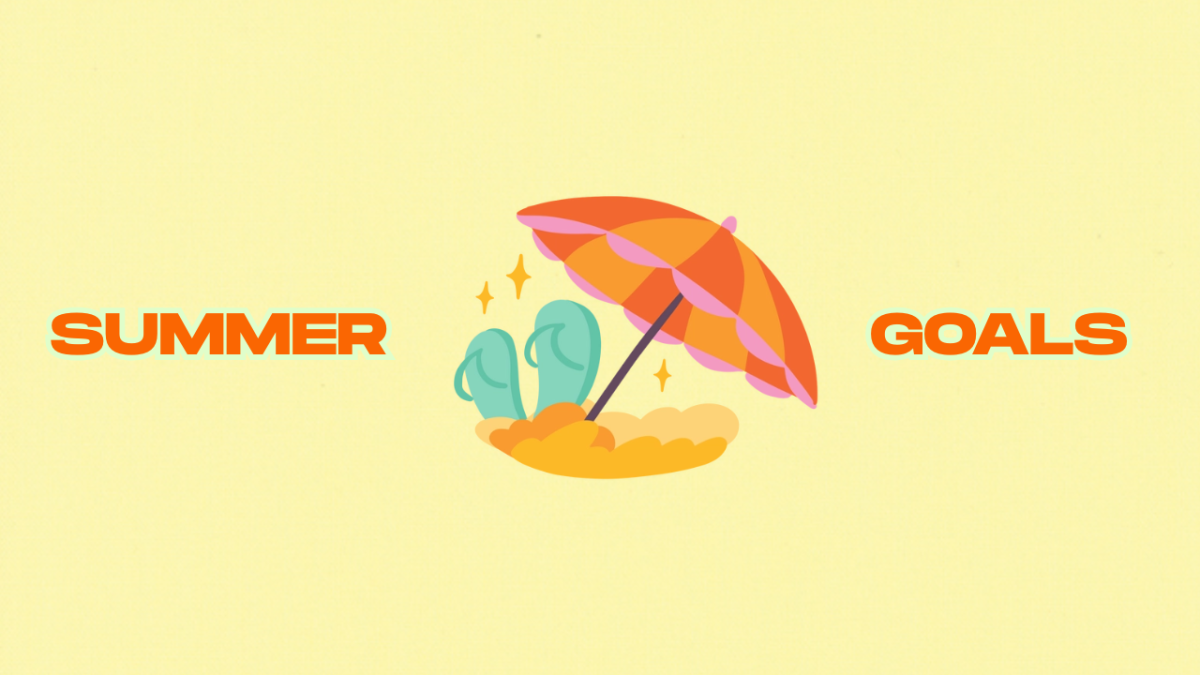


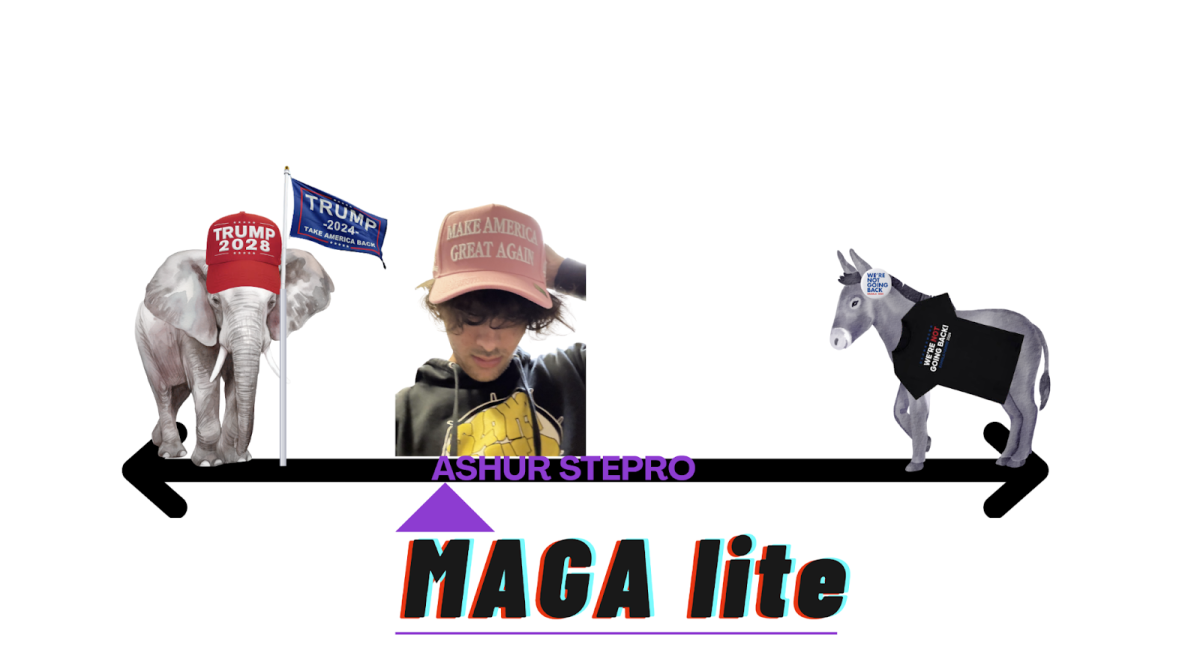

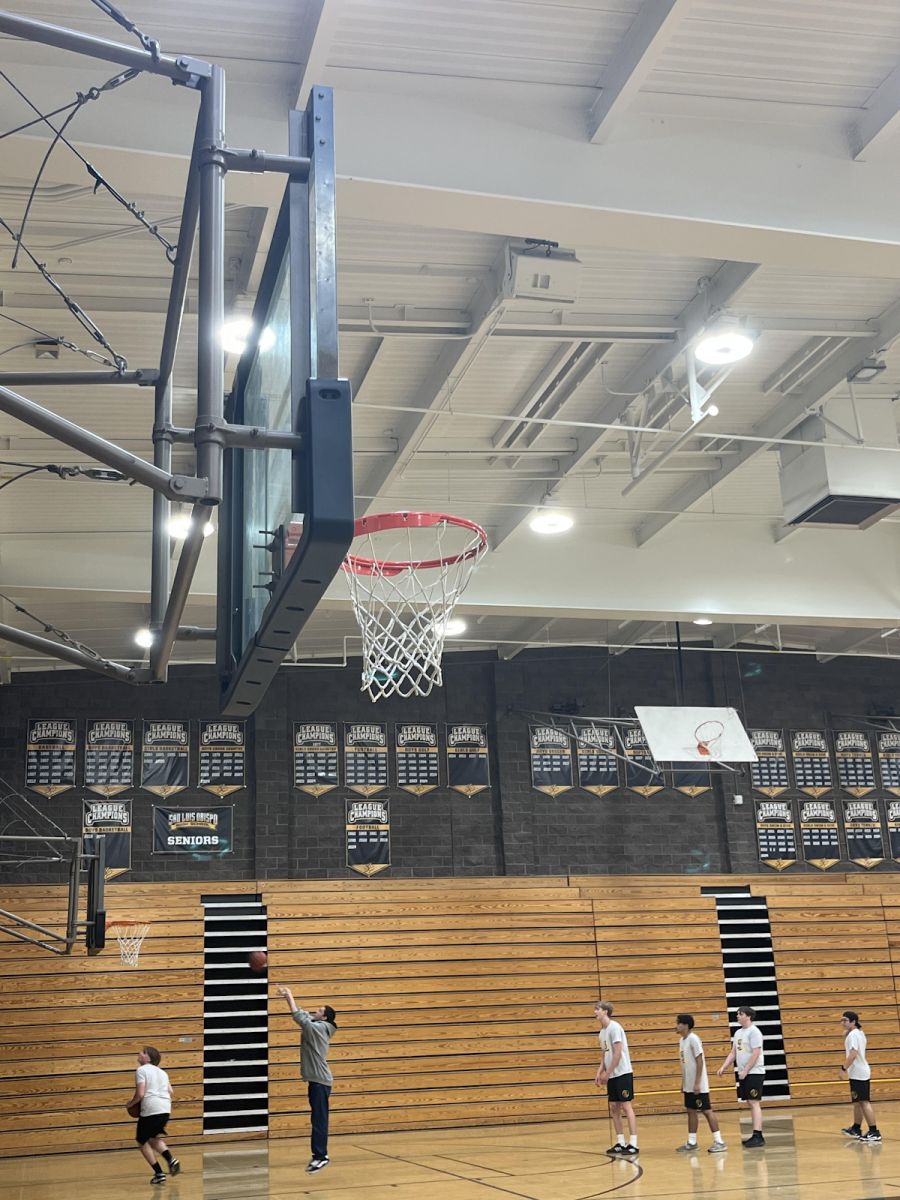
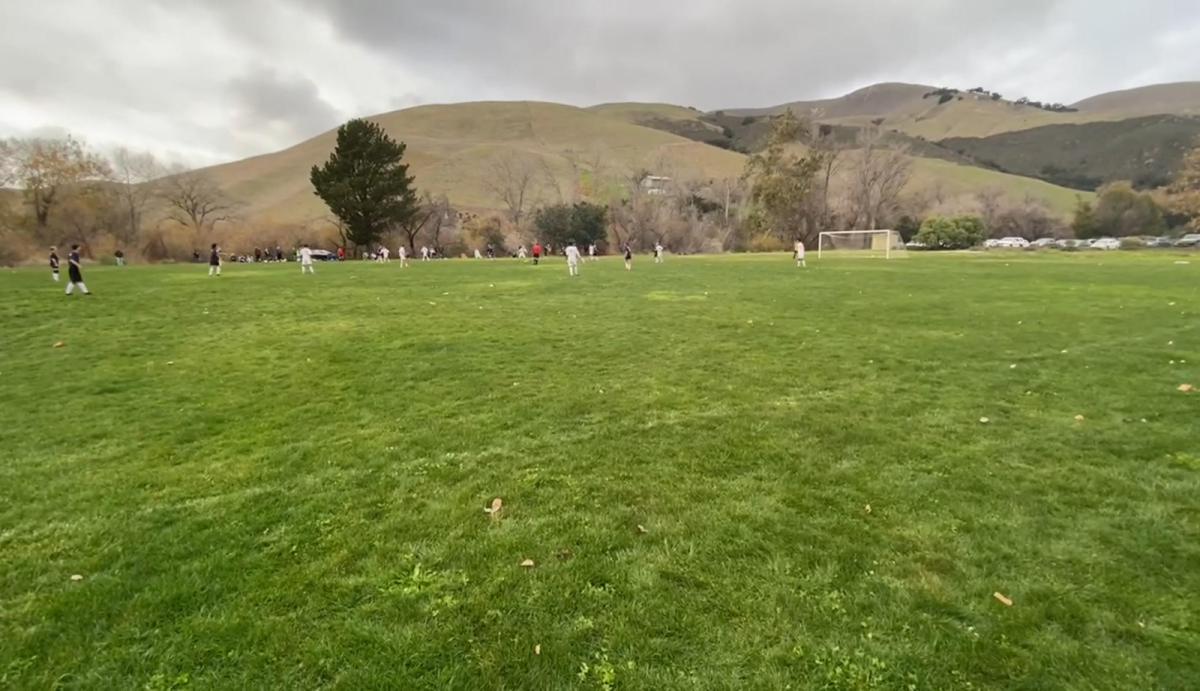
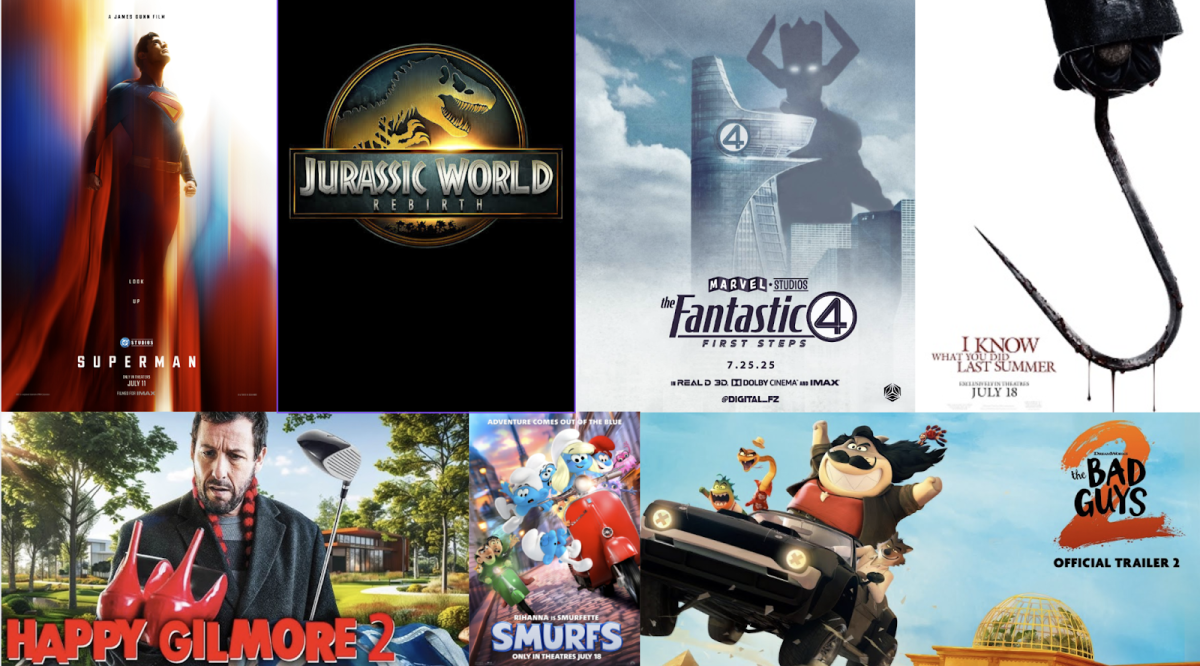


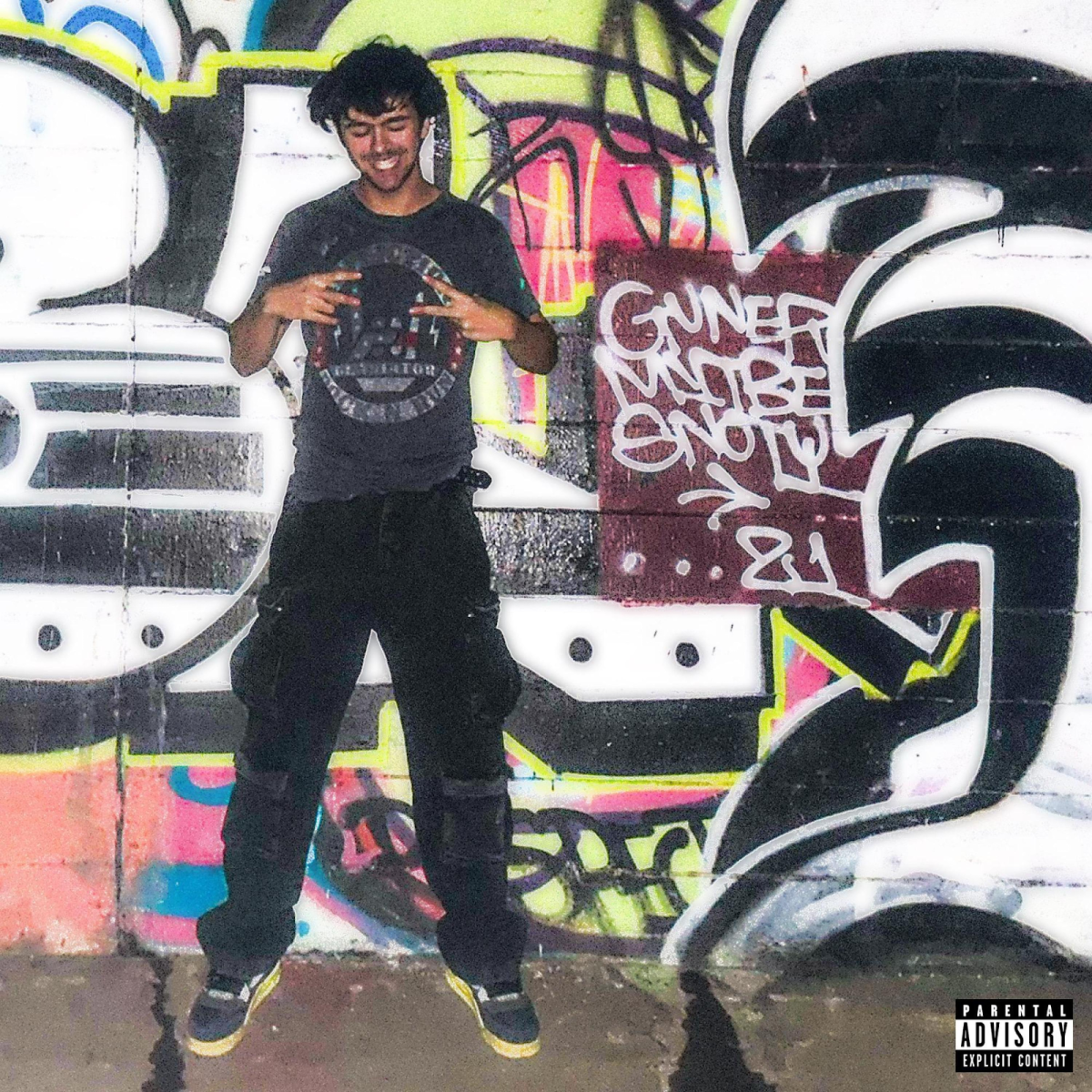
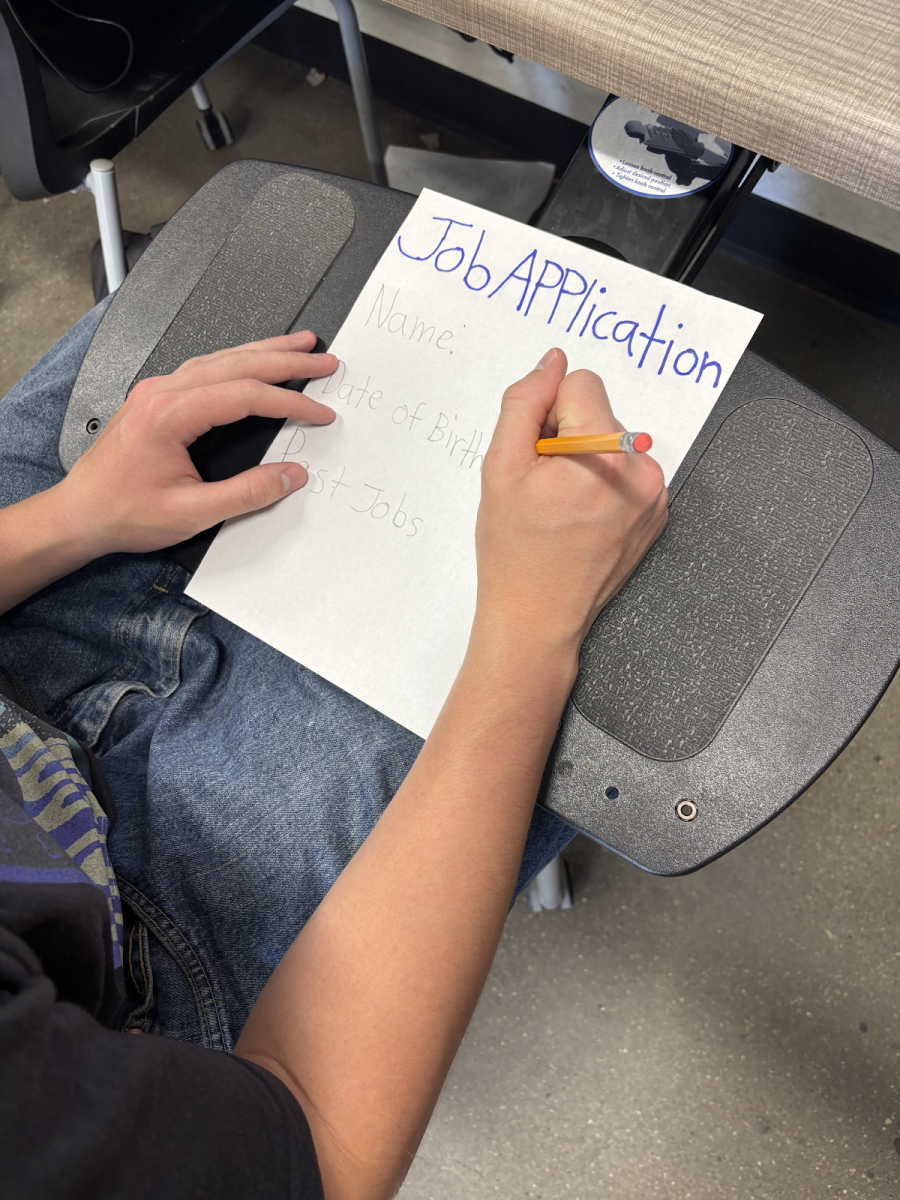
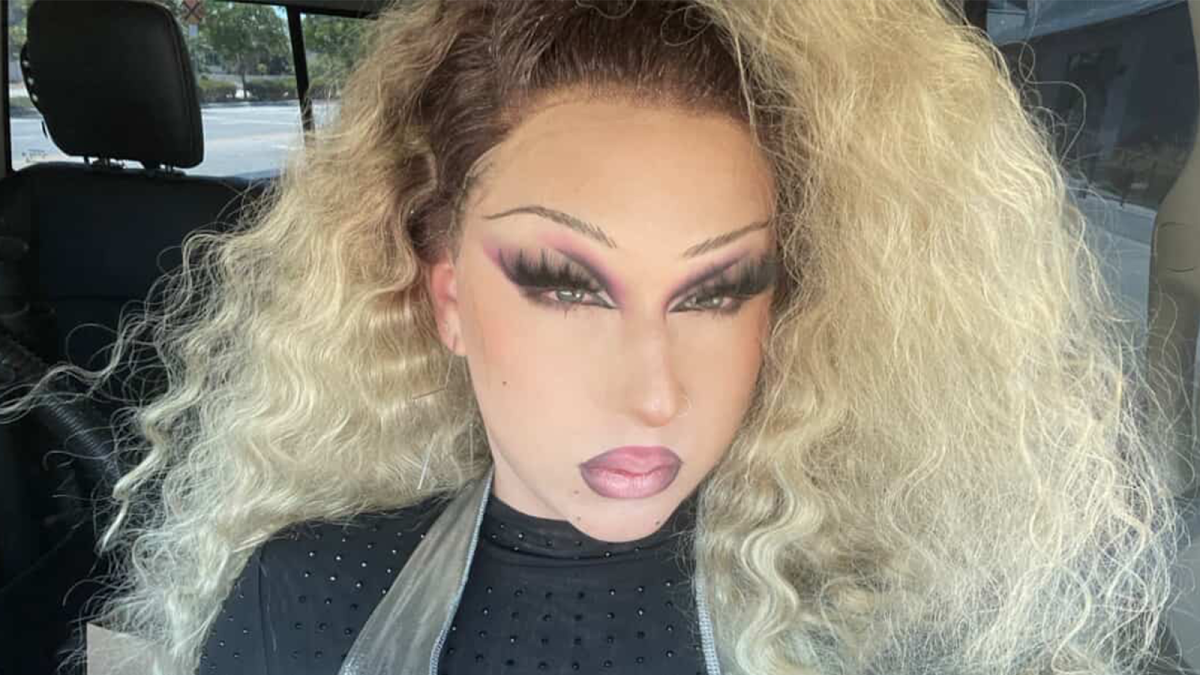









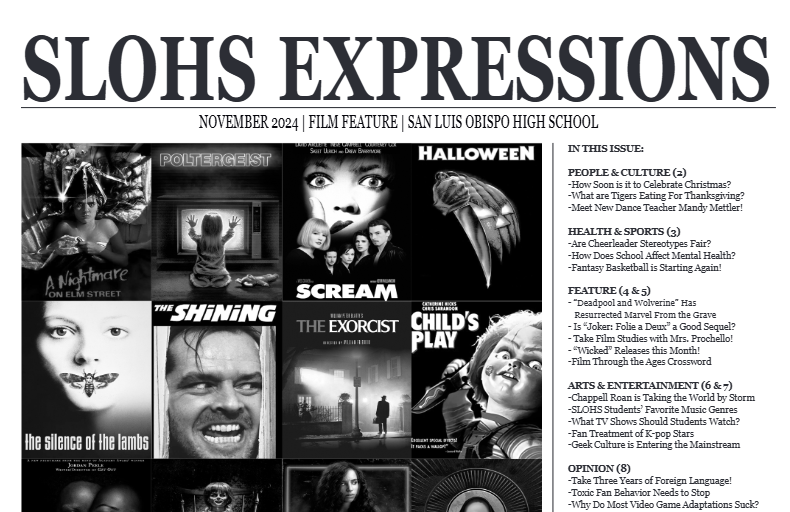


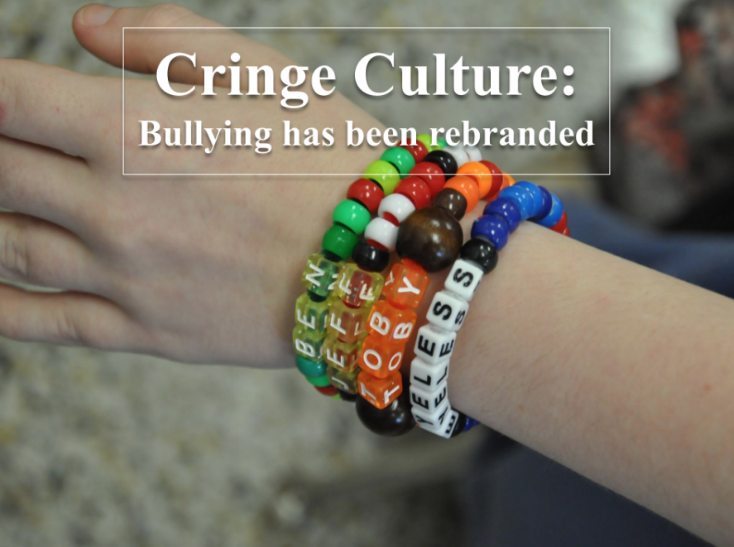





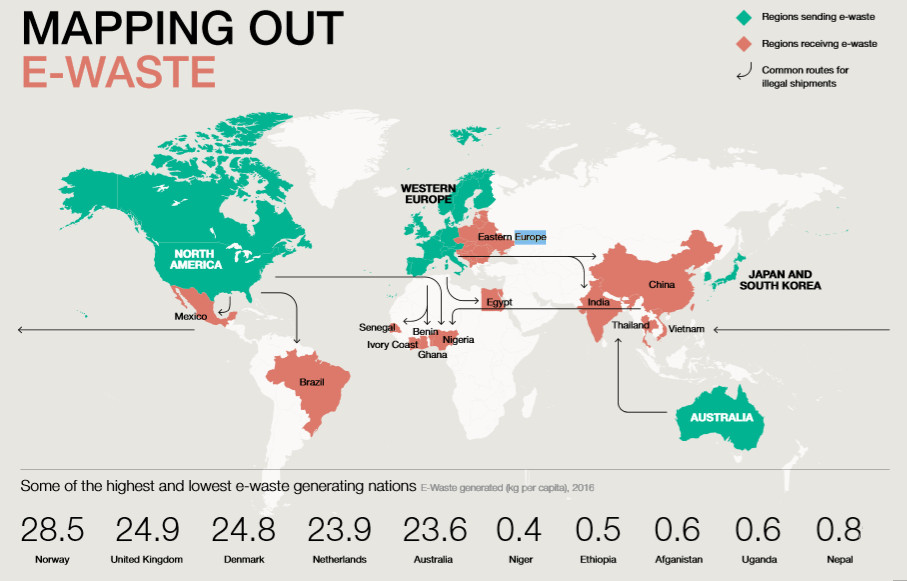
Alexis P. • Jan 19, 2022 at 1:48 pm
One of my neurodivergent friends talked to me about issues similar to this, and I’m happy that it’s being addressed online! Hyperfixations are meant to be fun and comforting, and are not meant to be made fun of!
Tani • Jan 19, 2022 at 6:28 am
As a mother of an autistic child this is one of our biggest problems. Life is hard enough. I thank you for write this and bring attention to it. The only to help this kids is to stand up and call it out. Power in number and kindness.